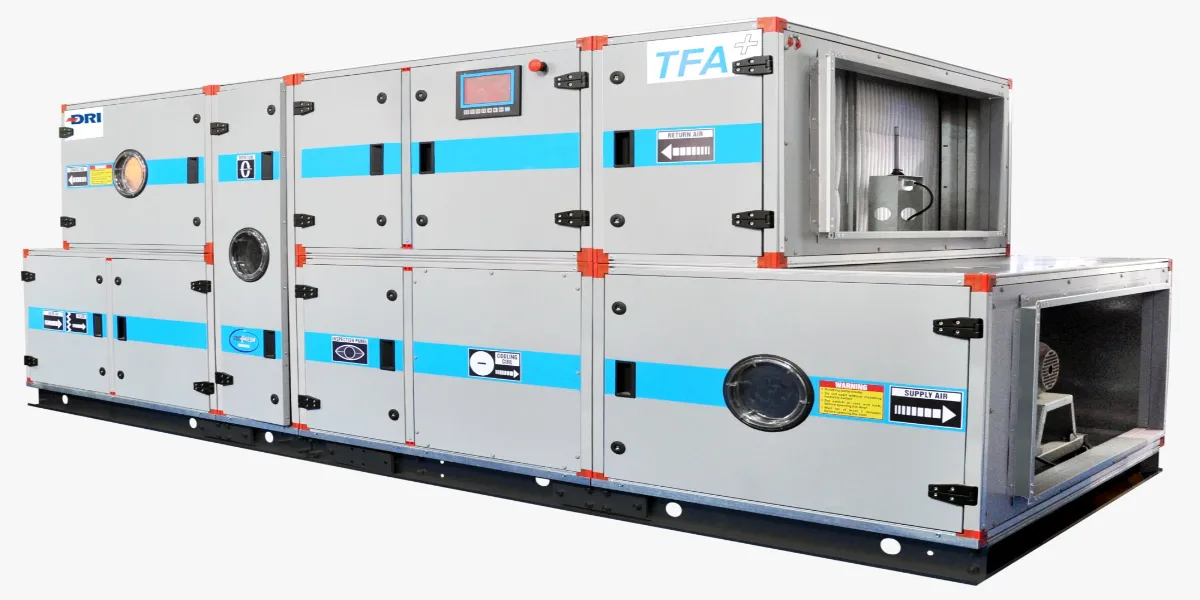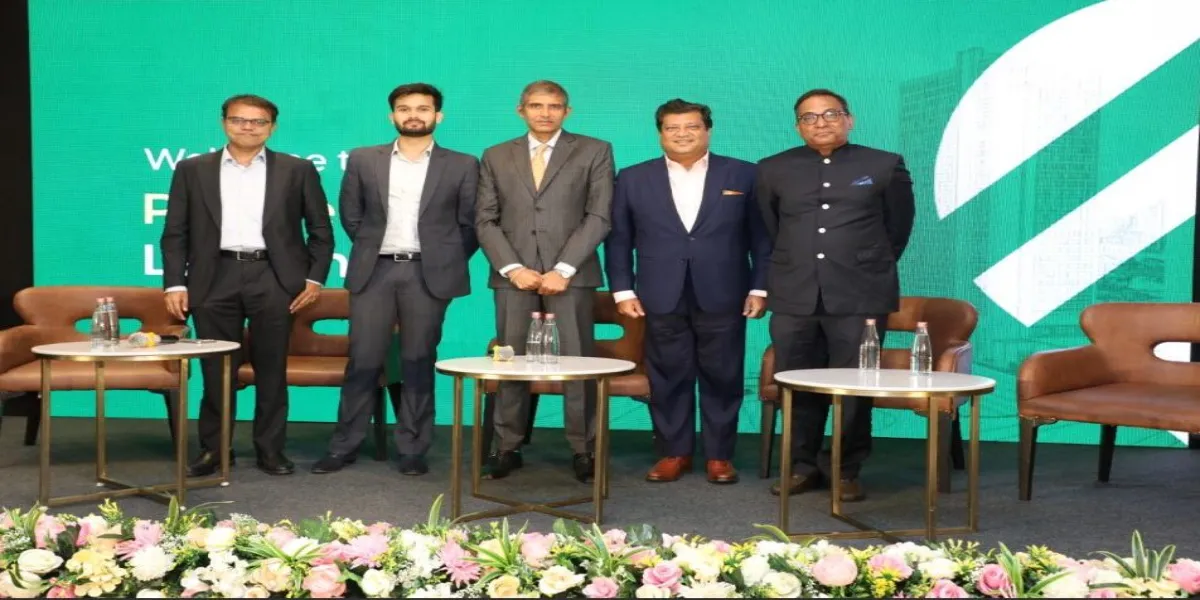
DRI Introduces Advanced Fresh Air Solutions for Large Buildings
DRI has unveiled its latest solutions for indoor air quality (IAQ) and energy-efficient ventilation in large enclosed buildings: the Treated Fresh Air Handling Units (TFA) and Dedicated Outdoor Air Systems (DOAS). The TFA units integrate EcoFresh Molecular Sieve Coated Heat Wheels to deliver optimal IAQ while promoting energy savings. The modular design allows additional functions such as cooling, heating, humidification, high-efficiency filtration, mixing, and sound attenuation. Maintenance is minimal, with standard filters and fan assemblies designed for reliability and ease of service. TFA..

Dia Mirza-backed Without® Launches FOAK Recycling Plant in Pune
Without®, an impact-first deep-tech material science enterprise, has inaugurated its first-of-a-kind (FOAK) recycling demonstration plant in Pune. The 1,030 sq. m facility can process up to 5 tons per month of “unrecyclable” plastic waste, offering end-to-end operations from material intake and separation to chemical transformation, purification, product manufacturing, and quality testing. The demonstration plant serves as a precursor to a commercial facility planned for next year. The launch follows the successful closure of a $1.9 million (approx. Rs 16.8 crore) seed funding round led ..

Capital India Home Loans Rebrands as People Home Finance
"Capital India Home Loans, a wholly owned subsidiary of Weaver Services, has announced its rebranding to People Home Finance Limited, underscoring its vision to build an inclusive, technology-led housing finance company serving India’s vast informal and self-employed segment. The rebranding follows the company’s $170 million investment round announced on 19 August 2025, led by Lightspeed, Premji Invest, and Gaja Capital. The new identity marks the next phase of expansion across Tier 2 and Tier 3 cities, with continued investments in branch infrastructure, people, proprietary technology, a..
















